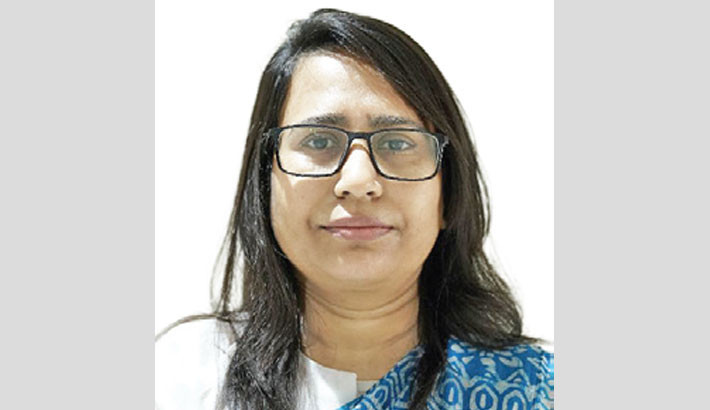A Time for Reflection: Reconsidering Women’s Quota in Public Service
Rebeka Sultana
Published: 15 Nov 2025

The decision to abolish the quota system in first- and second-class public service recruitment in 2018 was a significant moment in Bangladesh’s policy reform history. It emerged from strong public sentiment, particularly among students, calling for a merit-based system that reflects the value of fairness and competitiveness. That movement represented a genuine desire for transparency in recruitment, a goal shared by all who believe in an efficient and accountable civil service. Yet, as the years have passed, the evolving data suggest that this transition may have created new challenges for women aspiring to join the civil service. A careful review, not a reversal but a refinement, could help ensure that the principles of merit and equality move forward together.
There is no doubt that Bangladeshi women have made remarkable progress in education. According to the World Bank (2023), the tertiary-level gender parity index now stands at 0.859, meaning that for every 1000 male students, there are about 859 female students. In some disciplines women even outperform their male peers. This progress signals that women possess the capability and merit needed to serve effectively in the public sector. However, educational progress has not yet translated into proportional representation in public service. During the years when a 10 per cent quota for women existed, female participation in the Bangladesh Civil Service (BCS) ranged between 26 and 38 per cent, reaching or surpassing the 30 per cent ‘critical mass’ that international research associates with meaningful influence. After the quota was discontinued in 2018, women’s representation gradually declined. In the 43rd BCS, women constituted only about 19.46 per cent of successful candidates (BPSC, 2023). These figures indicate that while educational quality has advanced, equality of access to the country’s most prestigious public careers remains elusive. Educational parity alone does not guarantee equal employment outcomes, as social expectations and family responsibilities still place additional burdens on women.
For most candidates, the critical preparation years for BCS examinations are typically between ages 22 and 26, coinciding with major social expectations for women to marry and start families. The Bangladesh Bureau of Statistics (2020) reports the median age of marriage for women as 18.7 years, compared to 24.2 for men. These years, which men often dedicate fully to study, are for many women divided between exam preparation, household responsibilities and caregiving. This disparity limits women’s ability to compete equally, even when their academic potential is high. Noble Laureate Amartya Sen’s concept of ‘capability deprivation’ aptly describes this imbalance: equality of opportunity on paper does not translate into equality of outcome when freedom to act is constrained by social expectations.
The quota system once functioned as a compensatory mechanism, not to compromise merit but to acknowledge unequal opportunity. Its abolition, though well intentioned, has inadvertently widened the gap between educational success and career entry for women. It may, therefore, be timely for policymakers to review whether a transitional or adaptive mechanism could be reintroduced to restore that equilibrium. At the same time, a set of supportive and practical reforms could gradually reduce dependence on quotas while creating fairer conditions for women to compete on equal terms. Extending the age limit for women in BCS examinations would acknowledge the time many spend managing family responsibilities, allowing them a realistic window to prepare for competitive recruitment. Awareness campaigns could promote delayed marriage and emphasise women’s vital contribution to nation building, helping to shift social expectations that restrict women’s professional growth. Over time as women gain equal footing, the need for quotas would naturally decline, giving way to a merit-based system strengthened by genuine gender equality rather than formal provisions.
Public policy must always evolve with society. The abolition of quotas in 2018 reflected a particular moment in Bangladesh’s social and political development. Seven years later, it may be appropriate to assess its outcomes objectively, not to undo a decision but to strengthen it with data, compassion and inclusivity. If the evidence shows that women’s representation has declined due to persistent social barriers, then it is both rational and just to consider policy adjustments that ensure no capable citizen is left behind. True meritocracy is not achieved merely by treating everyone the same but by ensuring everyone begins from the same line. A carefully designed, time-bound support mechanism for women in public service recruitment could help achieve that fairness, not as a favour but as a necessary bridge toward equality.
_____________________________________
The writer is a mid-level Bangladeshi civil servant

